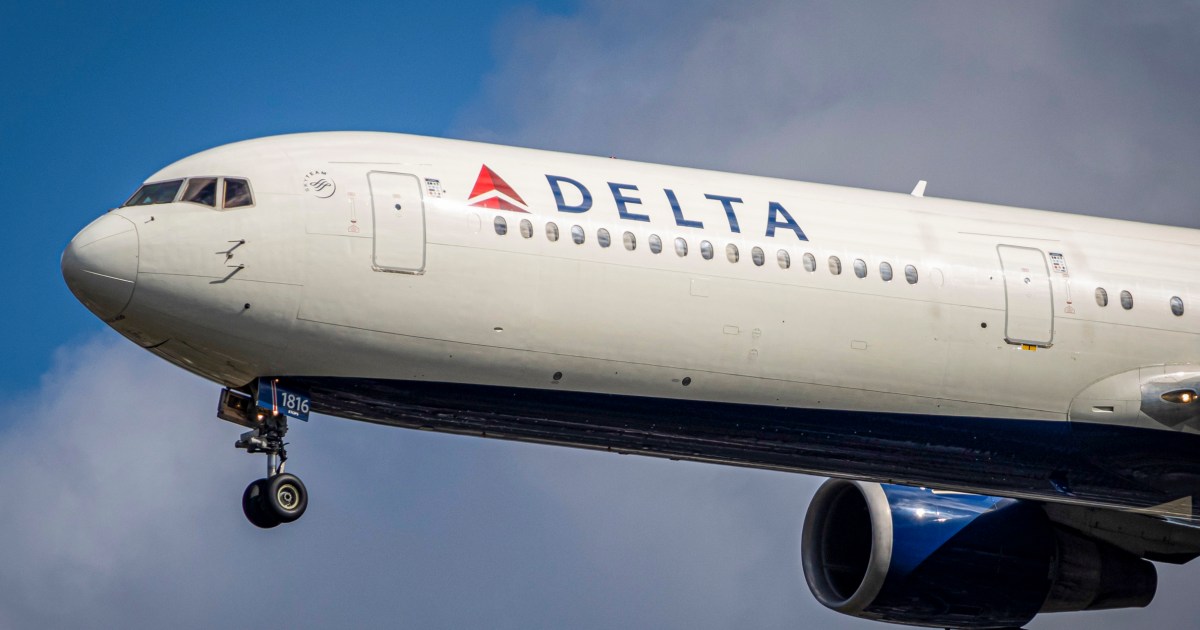Delta Air Lines’ Commitment to Fair Pricing Amidst AI Backlash
Introduction to the AI Pricing Debate
Recently, Delta Air Lines has found itself at the center of a heated discussion regarding the use of artificial intelligence (AI) in ticket pricing. Following intense scrutiny from U.S. lawmakers and growing public concern, the airline announced on Friday that it would not employ AI to set personalized ticket prices for individual passengers. This decision comes amid fears that such practices could lead to inflated fares based on a traveler’s perceived willingness to pay—a notion that has left many consumers unsettled.
Senators’ Concerns and Initial Criticism
Last week, a group of Democratic senators, including Ruben Gallego, Mark Warner, and Richard Blumenthal, raised alarms about the potential implications of Delta’s use of AI in pricing strategies. They warned that individualized pricing could lead to fare increases tailored to each customer’s financial thresholds. Their comments have sparked a broader conversation about privacy and fairness in pricing, particularly within industries reliant on personal consumer data.
Delta’s Assurance on Pricing Strategy
In response to these concerns, Delta clarified its position, asserting that it has never used AI for personalized pricing, nor does it intend to. The airline emphasized that their current pricing strategies are not influenced by individual consumer data. Instead, Delta stated, “Our ticket pricing never takes into account personal data,” reinforcing its commitment to equitable pricing structures for all passengers.
Regulatory Scrutiny and New Legislation
Despite Delta’s assurances, senators commended the airline for its stance but expressed lingering questions about the data collection practices underpinning its pricing models. Senator Gallego voiced concerns that there might be discrepancies between what Delta tells its investors and what it communicates to the public. He further posited that if the airline is indeed utilizing aggregated data rather than individual metrics, it could be a step in the right direction.
In light of these discussions, Democratic lawmakers, Greg Casar and Rashida Tlaib, have proposed legislation aimed at banning the use of AI to set prices or wages based on personal consumer data. This legislation specifically targets scenarios where companies might exploit sensitive information, like a recent search for a family obituary, to unjustifiably raise prices.
Dynamic Pricing: A Longstanding Practice
In defending its practices, Delta noted that airlines have employed dynamic pricing for over 30 years. This method involves adjusting ticket prices based on various factors such as overall market demand, fluctuating fuel costs, and competitive dynamics—not on the personal data of individual consumers. By distinguishing their approach from personalized AI pricing, Delta aims to ease fears of unfair treatment while still leveraging technology to optimize fare offerings.
Industry Leaders Weigh In on AI Use
The conversation around AI in pricing isn’t unique to Delta. Other airlines are grappling with similar issues. American Airlines’ CEO, Robert Isom, has also weighed in, cautioning against using AI to manipulate ticket prices in ways that could damage consumer trust. His remarks echo a sentiment among industry leaders that responsible AI implementation is essential for maintaining good relationships with customers.
Concerns from Consumer Advocacy Groups
Consumer advocacy groups have rallied around the concerns raised by lawmakers, emphasizing the need for transparency in pricing strategies. They highlight a Federal Trade Commission (FTC) report from January, which revealed how retailers often exploit personal data—ranging from location to even subtle digital behaviors—to tailor prices. Critics fear that the potential for discretion in pricing could disproportionately impact certain demographics or vulnerable consumers.
The Role of New Technology in Revenue Management
Despite the challenges, Delta remains optimistic about the benefits of integrating AI into its revenue management systems. According to the airline, this technology offers a way to efficiently analyze vast data sets and respond quickly to market changes. Delta plans to implement AI-based revenue management technology across 20% of its domestic operations by the end of 2025, though they maintain that this will not involve setting prices based on individual customer profiles.
Final Thoughts on Consumer Trust and Transparency
The rising concerns surrounding AI and personalized pricing underscore a critical need for transparency in data usage and pricing models across industries. As Delta navigates this complex terrain, its commitment to fair practices could set a precedent for the airline industry and beyond, serving as a case study in balancing technological advancements with consumer rights and ethical considerations.



